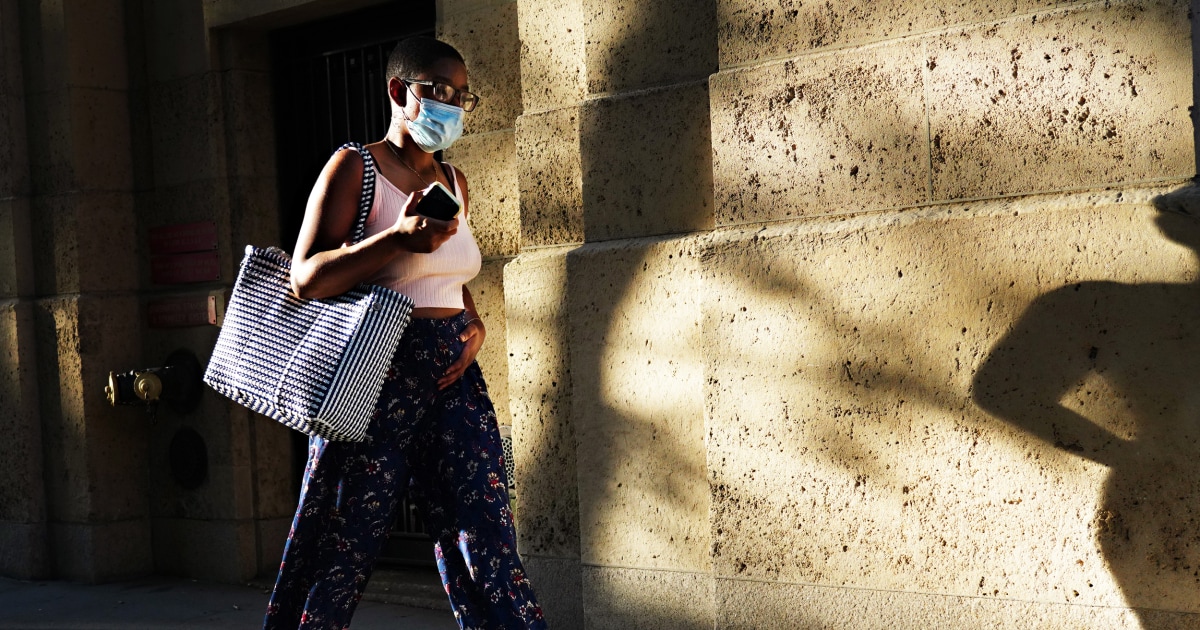As with all headlines, there's way more nuance in there.
As has always been the case, it's not the primary activity of being outside that's the risk. It's all the edges and transition environments where the risks are.
Well, duh. I don't think anyone wears one when this is true already.
Using a Disney example, if rules were different. Someone starting at GF and walking to MK, into the park, into a ride queue, then into a ride building. They're transitioning through a lot of environments with different profiles. That GF to MK walkway, who cares, they're probably well away from anyone or it's a very short pass as both parties give distance while passing. Into the park through the front gate? Depends on how crowded it is, how much space is there, are they interacting up close with cast members or automated entry? The walk to the ride queue, could be wide open lots of space, could be packed in crowding. The ride queue, how is the distancing working, is it outside, does it transition to inside? Into the ride building, how is the ventilation, is there still spacing, is the space getting cramped and the air a little heavy?
That's the problem the Disney policy is trying to solve. When's the right point in that chain to require the mask be put on? Not just which parts need it, but operationally, when's the right spot to have the policy change. How do they manage the changes. Assuming at each change there's some that are slow, forget, or need reminding, how many is that and how often is that happening? With the current policy do they want you to wear it on that walking path to the park or just when you get near the front gate?
That article was a great example of poor reporting. They pointed out some exceptions, focused on what people already realize is ridiculous, and completely ignored talking about the transitions and what people should be aware of for changing situations. Acknowledging that most things aren't just one situation and providing some reporting on transitions to be aware of would be some helpful reporting giving people actual help in how to evaluate their environments.


